UN aid chief calls for urgent action to stave off famine in Ethiopia’s Tigray
The United Nations’ humanitarian chief, Martin Griffiths, has called for urgent action to stave off famine in Ethipia’s war-scarred Tigray region.
Griffiths warned in an interview on Tuesday that the crisis in Tigray was pushing the rebel region towards starvation and was a “stain on our conscience.”
The aid chief further said he assumed famine had taken hold there. “I have to assume that something like that is happening.” “People have been eating roots and flowers and plants instead of a normal steady meal,” Griffiths was quoted as saying.
The UN official said the memories of the 1980s famine in Ethiopia, which killed about one million people, were still vivid in his mind, “and we fervently hope is not happening at present. That’s what keeps people awake at night.”
“We predicted that there were 400,000 people in famine-like conditions, at risk of famine, and the supposition was that if no aid got to them adequately they would slip into famine,” said Griffiths. “As a comparison this is about the same levels of malnutrition that we saw in 2011 in Somalia at the onset of the Somali famine.”
Elsewhere in his remarks, Griffiths censured what the UN has called the de facto government’s blockade of food, basic needs, medical supplies and fuel to Tigray. “This is man-made, this can be remedied by the act of government.” “We need the Ethiopian government to do what they promised to do which is to facilitate access.”
Griffiths said there was a need for 100 trucks a day of aid to get to Tigray, but only 10% had gained access in the past three months. “Get those trucks moving.”
He also called on Ethiopia’s incoming new government to lead the country away from “the abyss that it’s peering into.”
Mothers in the war-torn region have described feeding their children leaves in a desperate bid to keep them alive.
According to the United Nations, screening of children under age 5 during the first half of September revealed that 22.7% are malnourished, and more than 70% of about 11,000 pregnant or breastfeeding women are acutely malnourished.
Fighting erupted in Tigray in November 2020, when the federal government accused the Tigray People’s Liberation Front (TPLF) of attacking military bases across the north.
Three weeks later, the government declared victory when it gained control of the regional capital Mekelle. However, the TPLF forces resumed fighting later and retook Mekelle and most of Tigray at the end of June after the government withdrew its soldiers and declared a ceasefire. The deadly fighting has now spread beyond Tigray into the neighboring regions.
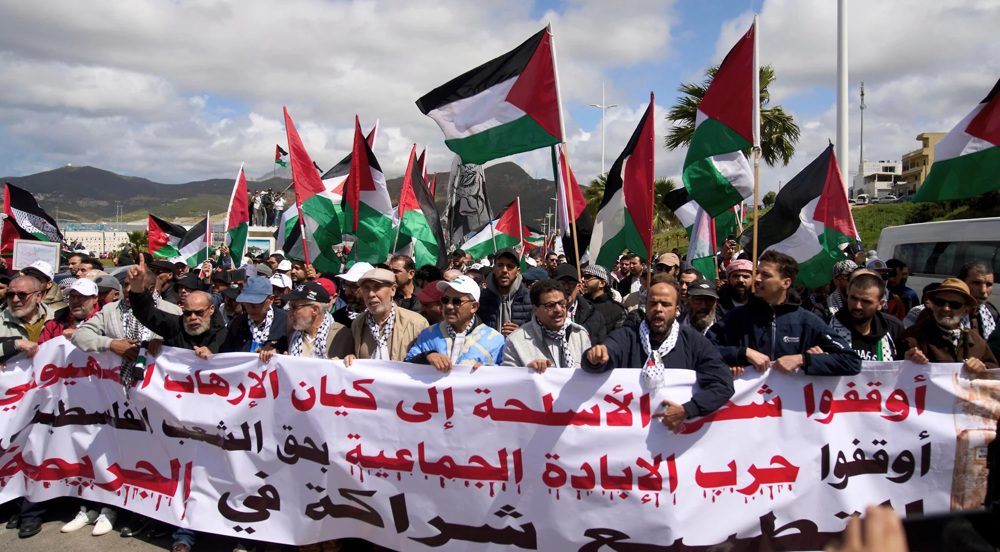
Moroccan port workers protest Maersk ship carrying F-35 parts to Israel
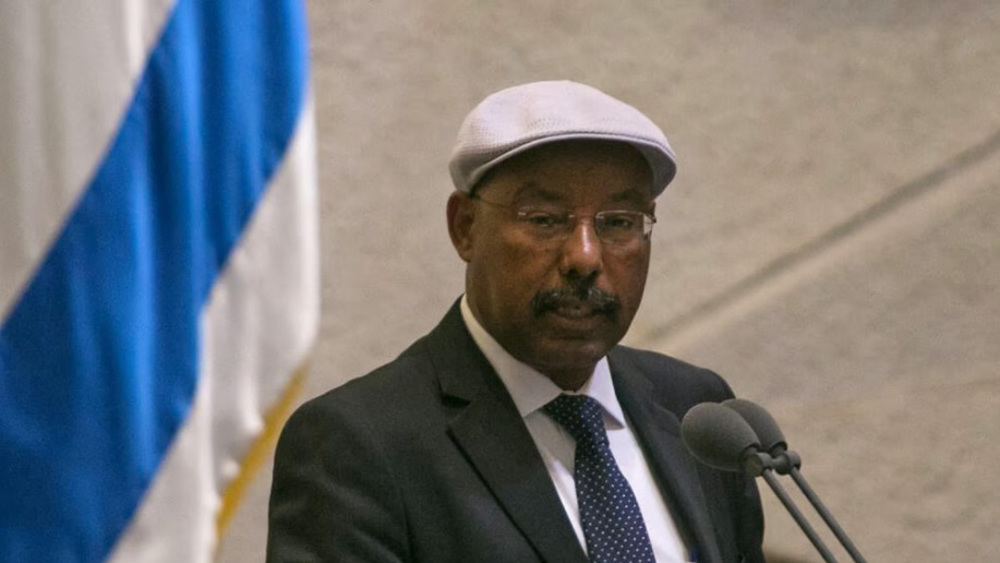
Top Israeli diplomat expelled from African Union summit
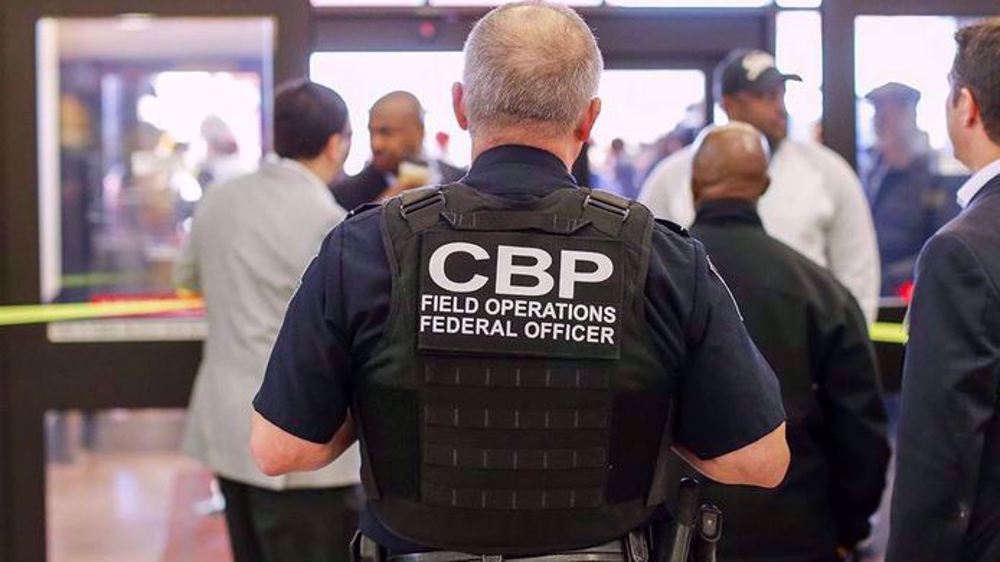
US revokes all visas held by South Sudanese passport holders
US airstrike on Yemeni capital kills 8 people
VIDEO | Iran multilayered diplomacy
VIDEO | Press TV's news headlines
Iran more than halved its power grid losses to 10% in 16 years: Expert
Abbas names likely successor in move deemed ‘illegitimate, divisive’
Illegal Israeli settlers attack Palestinian school in occupied West Bank
VIDEO | Israeli forces tighten siege on Jenin refugee camp
Iran restores operations at its largest container port after explosion


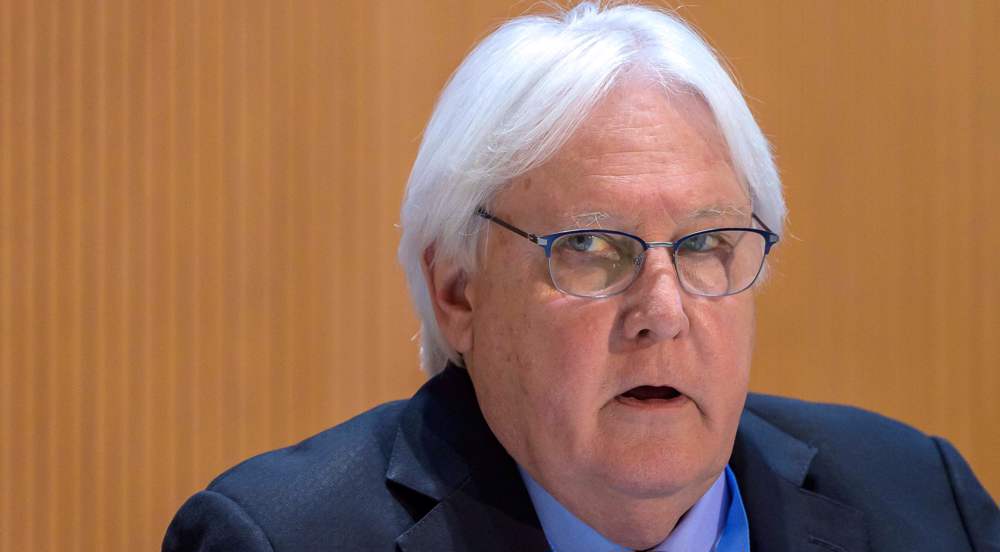
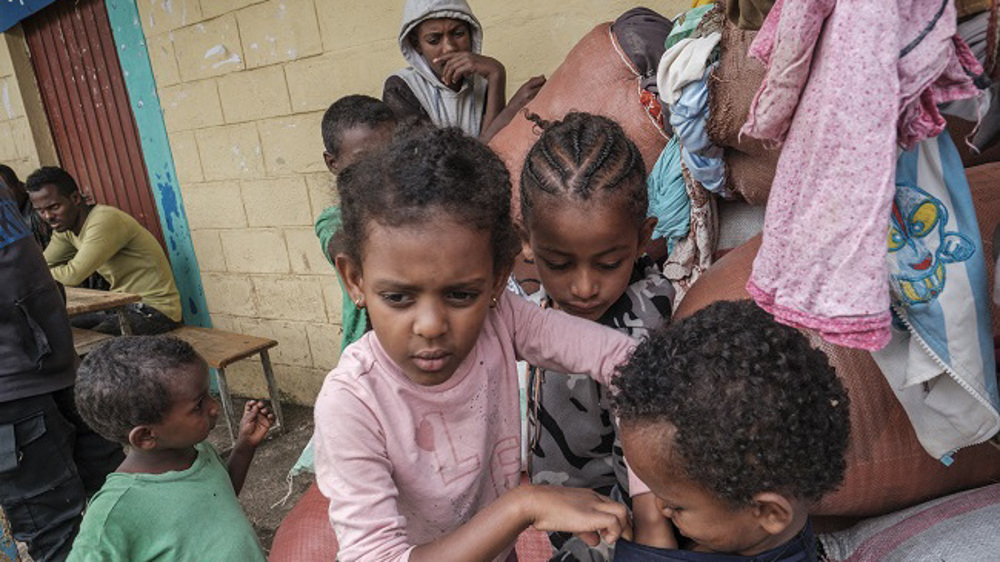
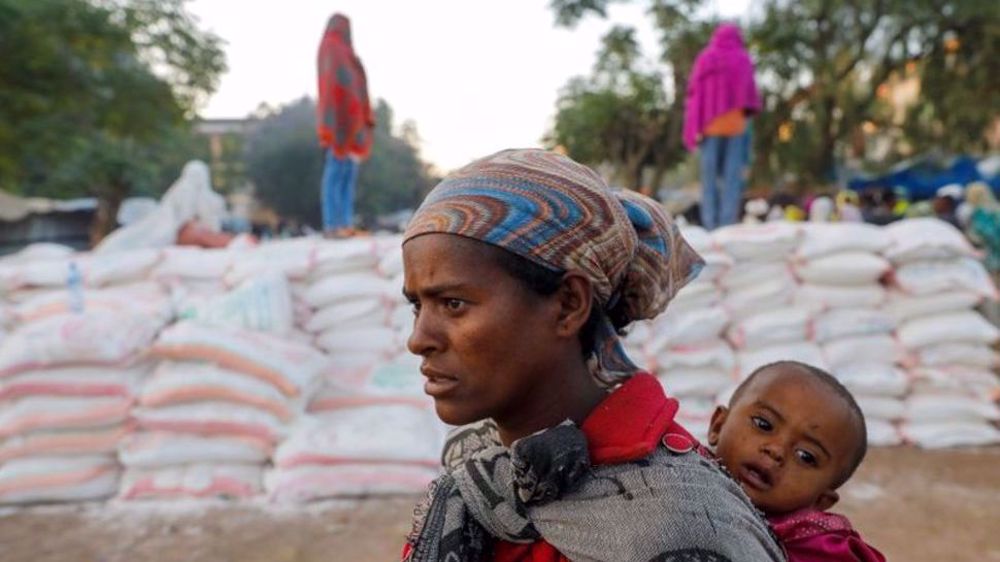




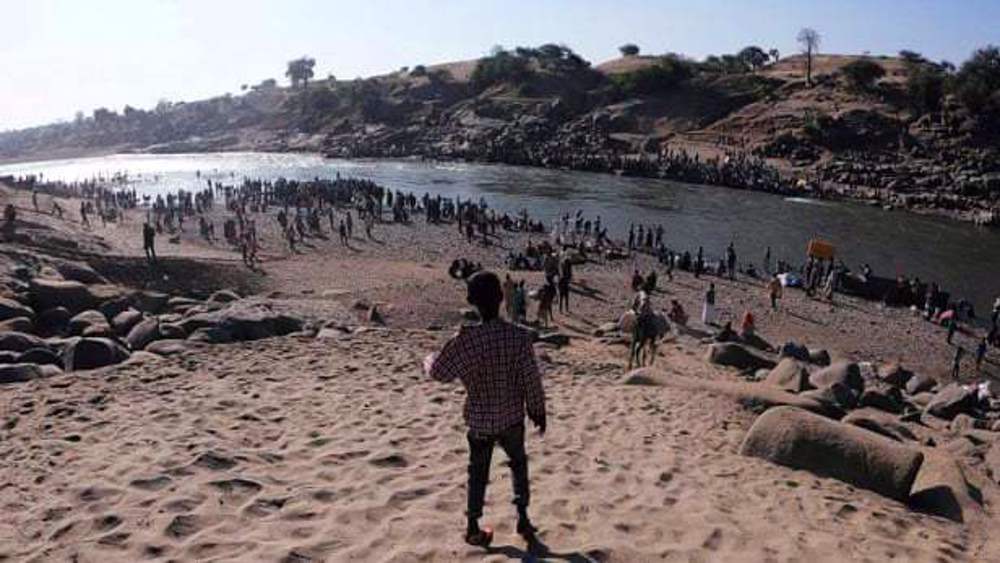
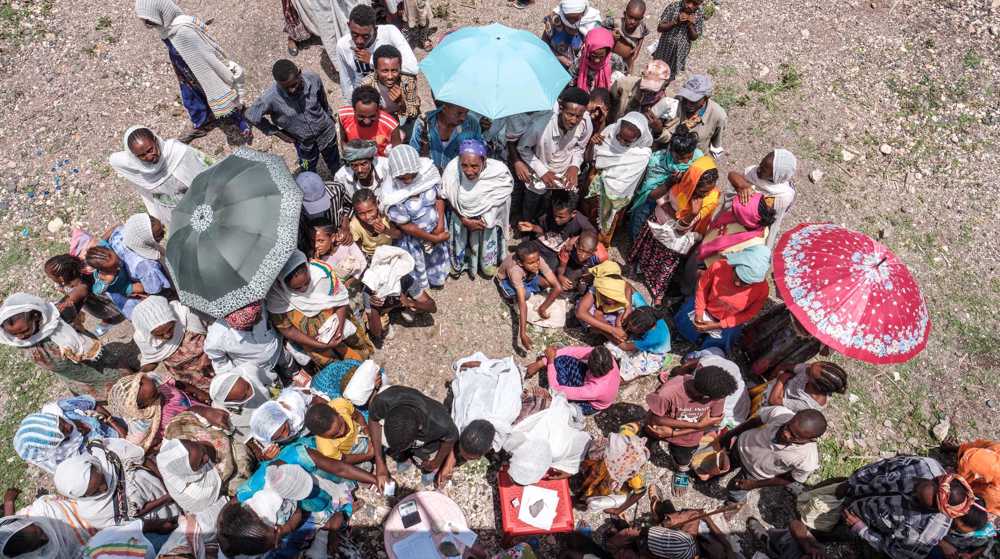
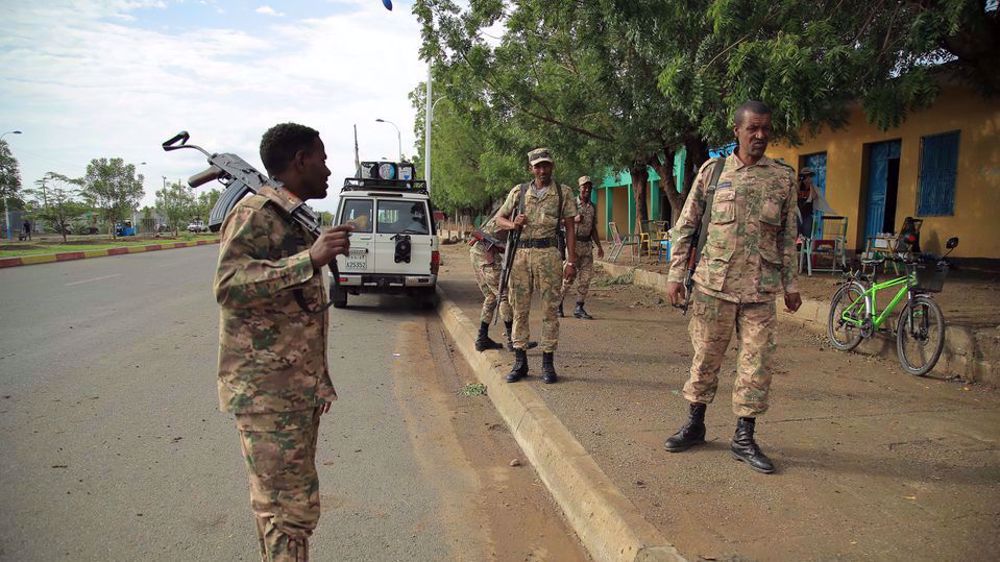
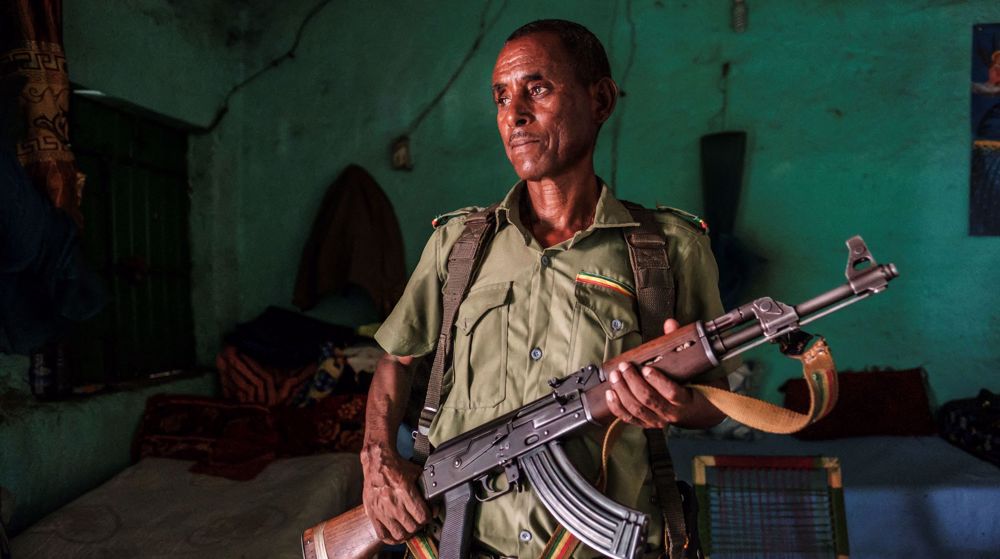
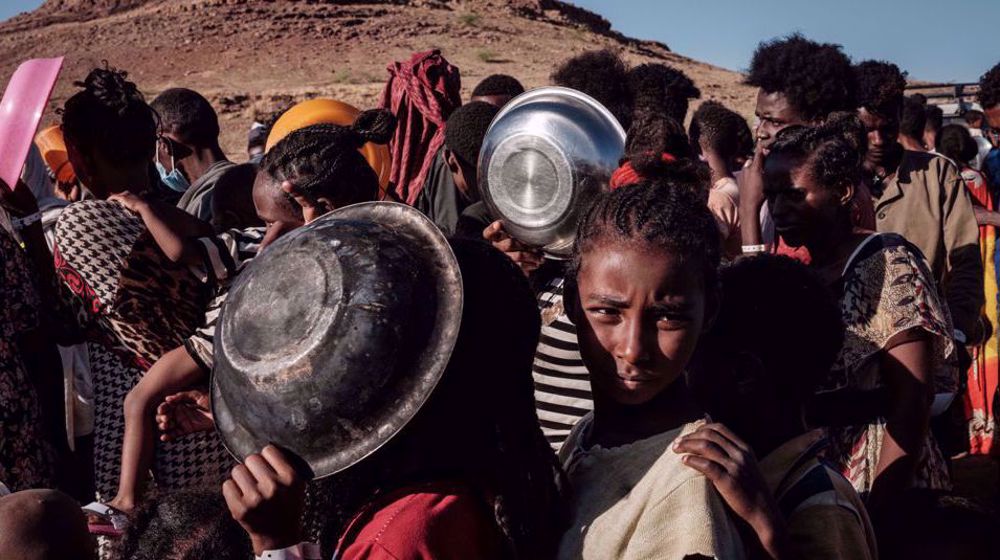
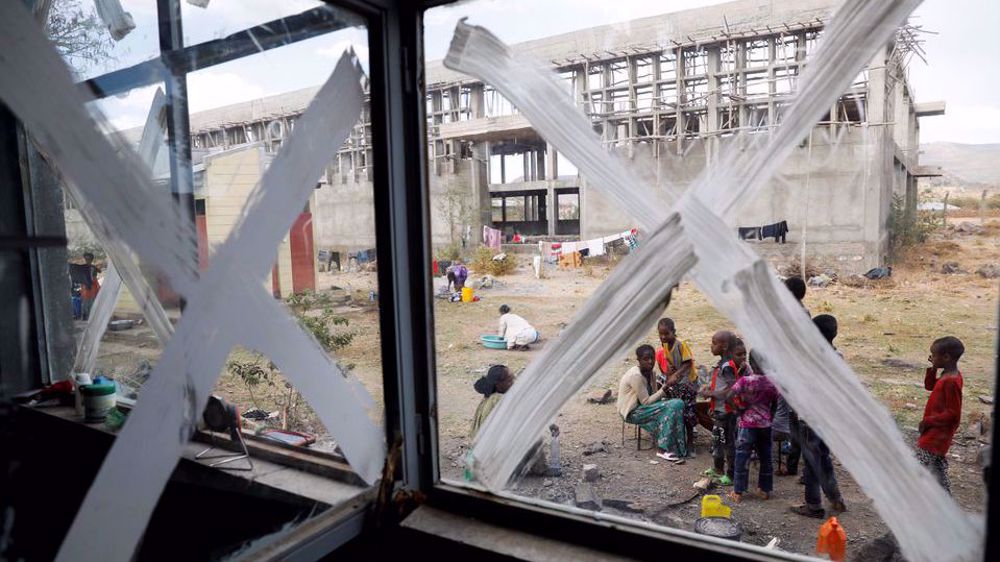

 This makes it easy to access the Press TV website
This makes it easy to access the Press TV website